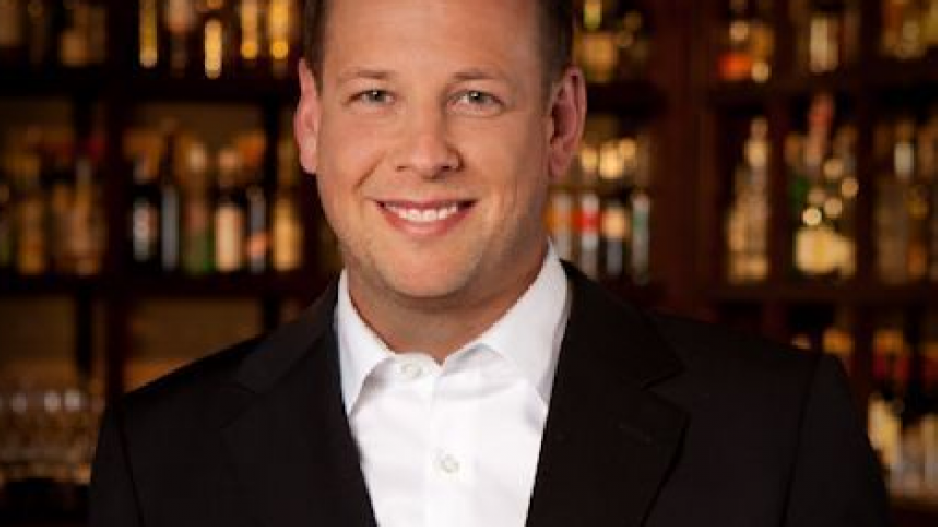Vancouver wine agent Icon Fine Wine & Spirits has bought Alberta counterpart Free House Wine + Spirits Ltd. for an undisclosed amount and has become one of the largest wine agencies in Western Canada, owner Jay Garnett told Business in Vancouver October 1.
Icon and Free House each generated about $6 million in annual revenue before the transaction. The combined Icon will have about 15 staff based in Yaletown and another handful in Alberta.
Garnett is vying to eventually be a national wine agent with strong footholds in multiple provinces.
“Icon is about twice the size of Free House in B.C. but Free House is twice the size of Icon in Alberta,” explained the 45-year-old, who Business in Vancouver named as one of its Forty Under 40 winners in 2001.
“That’s really the driver in the acquisition for me - creating strength across the country, or Western Canada right now.”
Garnett will focus on strategy while Free House founder Ted Latimer will assume the role of Icon president and be in charge of sales.
Garnett’s business dealings are complex and intricate though they all fall under his holding company Whitefish Group, which owns Icon.
Whitefish is likely best known for bringing the Seattle’s Best Coffee brand to Canada and operating franchises in the 1990s and into the 2000s. Whitefish separately owned Seattle’s Best Coffee Canada, which had a large wholesale division, before it sold that venture to Starbucks Corp. (Nasdaq:SBUX) in 2007.
The ever-evolving Whitefish now also owns a stake in Sustainable Produce Urban Delivery (SPUD) and the organic tea brand Steaz.
Even Whitefish’s Icon subsidiary has intriguing side-ventures.
Icon is an agent for more than 100 brands including B.C. wineries, such as 8th Generation Vineyard, Saxon Estate Winery and Gold Hill Winery.
It also owns the Australian wine brand Shot In The Dark, which sells about 50,000 cases of wine around the world.
To get a sense of how much wine that is, it is roughly the volume of B.C.’s CedarCreek Estate Winery before the Mark Anthony Group bought that 28-year-old Okanagan winery in January.
“Every wine that enters B.C., or other provinces, has to have an agent to do the importation logistics,” Garnett explained. “We at Icon buy it from the supplier, bring it to market and get it into the government system.”
Icon’s approximately $4 million in annual B.C. revenue comes from selling products to the British Columbia Liquor Distribution Branch (BCLDB).
The BCLDB then slaps a 168% mark-up on Icon’s products to create a retail price for government liquor stores.
“We then go around and try to sell the wines to private liquor stores and restaurants,” Garnett said. “Even if the liquor board has agreed to list a wine, it doesn’t mean that it will push the wine to all the government stores. So, we go around to each store manager.”
Restaurants get no discount on the BCLDB’s retail price. Most private liquor store owners get a 16% discount although B.C. has a dozen wine-only stores that have a grandfathered license that allows them to get a 30% discount on the BCLDB’s retail price.




